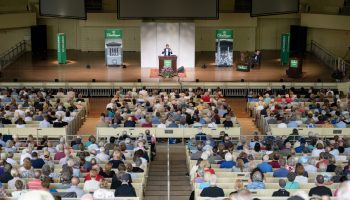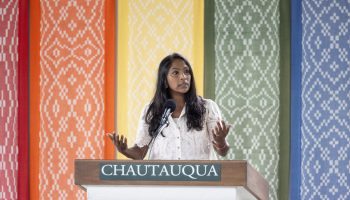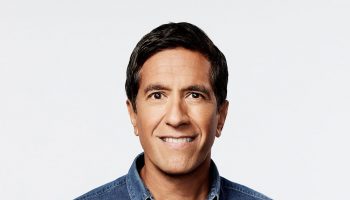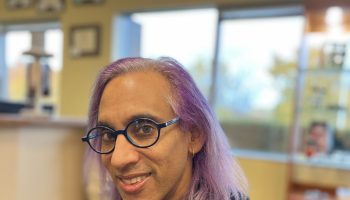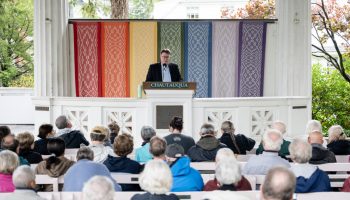The Rev. John M. Buchanan never wanted to be a minister. Although he attended a Presbyterian church growing up, he originally planned to attend law school after college and pursue a more traditional career path.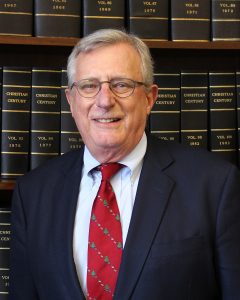
But discussing contemporary issues with a pastor from his childhood church sparked in Buchanan an interest in theology that went beyond attending church on Sundays. He decided to take a year off before graduate school in order to pursue the spiritual questions he felt internally. Buchanan received a fellowship from the University of Chicago Divinity School to study theology and world religions, an experience that completely altered his life trajectory.
At 2 p.m. today in the Hall of Philosophy, Buchanan will give a lecture titled “Your Money or Your Life,” as part of this week’s Interfaith Lecture Series theme: “Money and Power Through a Spiritual and Ethical Lens.” His lecture will address how Judeo-Christian heritage interprets the concept of money, arguing that it suggests humans can reach their fullest potential by contributing to the common good.
Buchanan said he feels that studying theology at the University of Chicago Divinity School was a unique way to prepare before becoming ordained. The school was untraditionally academic, and he estimates only 10 to 20 percent of its students end up pursuing a life in the clergy. Buchanan has always valued examining his faith from both emotional and intellectual points of view, a process that he said many consider uniquely Presbyterian.
He said his ultimate decision to become a minister did not happen with a distinct moment.
“It was more like a process for me,” Buchanan said. “It wasn’t a flash in the night, it was a slow, gradual coming to understanding of what Christian faith is about and my sense that I felt called or compelled to give my life to it.”
Buchanan went on to serve as Pastor Emeritus of the Fourth Presbyterian Church in Chicago, which holds the second largest congregation in the Presbyterian Church (U.S.A.). He also became an editor and publisher of the magazine The Christian Century.
“We [Presbyterians] like to say that you love God with both your heart and your mind, and those are kind of equal partners in the whole faith business,” Buchanan said. “So we’ve always been intellectually curious [and] intellectually demanding, and that’s a pretty good basis upon which to be a journalist or a magazine editor.”
At The Century, Buchanan began working on the publication’s management and business side but later started writing a weekly editorial column. His columns would address contemporary issues that were often controversial. Buchanan said he found the process meaningful yet humbling, feeling a responsibility to be stimulating, helpful and supportive to his readers.
“Writing an editorial as I did is almost like preparing a sermon every week,” Buchanan said. “You put your heart and your intellect and your faith and your hopes and your fears on the line — every time.”
Although he enjoyed his work at The Century, Buchanan said the most meaningful part of his life is his work as a pastor. He feels privileged to be invited into people’s homes at some of their most precious and vulnerable moments, whether it’s a birth, a Baptism, a wedding or the death of a loved one.
Buchanan will speak in his lecture about the Judeo-Christian interpretation of money. Although he has a background in business from his work at The Century, he said he argues against the conventional, cultural wisdom that people should accumulate as much as possible.
“The Judeo-Christian faith doesn’t say it’s bad to do that,” Buchanan said. “But if you want to realize your fullest potential as a human being you need to focus on the other part of the equation: the giving away [and] the investing it in the life of the culture, the life of the nation [and] the life of the community.”
A former speaker at the Institution, Buchanan looks forward to his time in Chautauqua, which he said, is a “slice of Heaven.”
“The people who come are intellectually curious and that’s a really important thing to [realize], that when you speak at Chautauqua it’s not to a passive audience,” Buchanan said. “It’s people whose minds are wide open and their expectations are high, and they’re intellectually curious to learn more and to understand more. It’s just a very creative and rich environment.”

